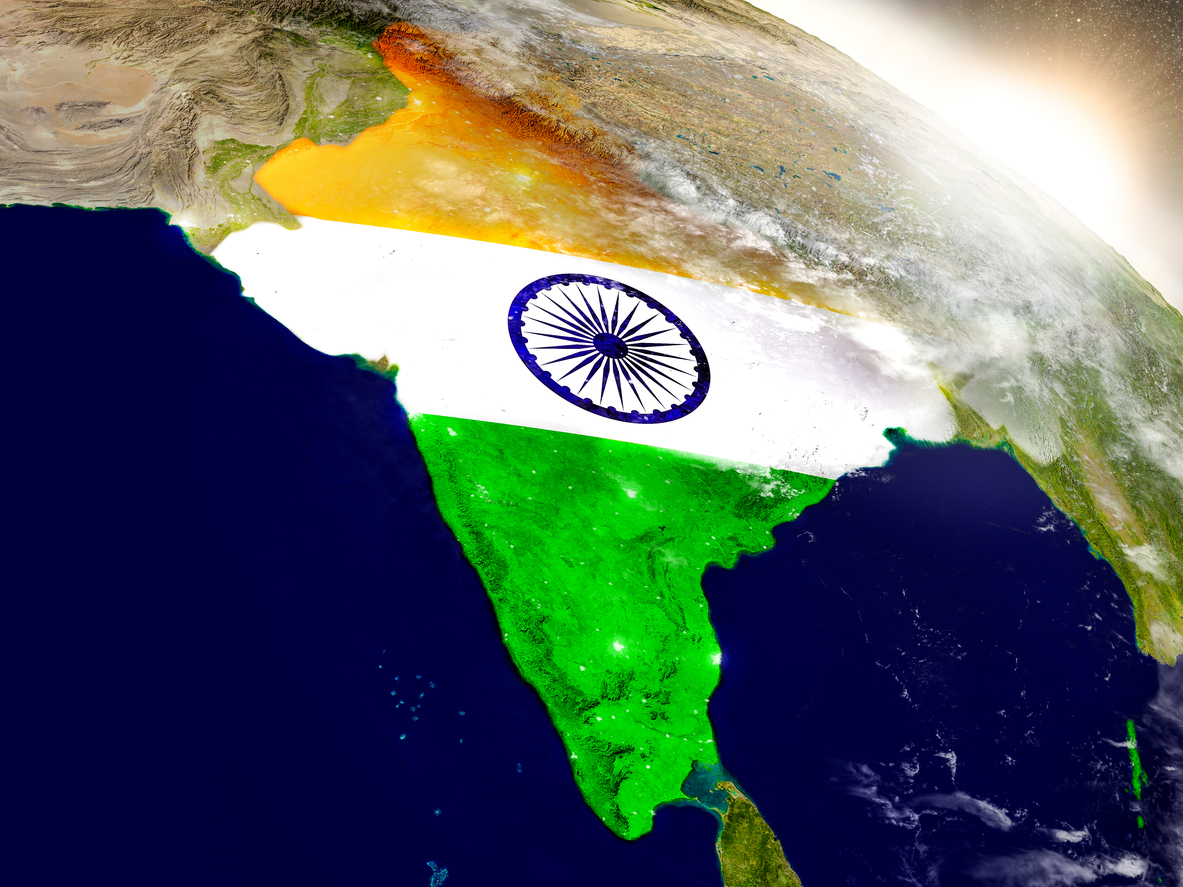2023/10/30
India Should Return to Secularism to Pass on Thought of Diversity to the Future

On September 18, Canada’s Prime Minister Justin Trudeau announced that the Indian government was involved in a murder that occurred in Canada this past June. The victim was Hardeep Singh Nijjar, the Sikh leader who led the separation and independence movement (Khalistan movement) of Punjab, northern India. He was on the wanted list of the Indian government as a terrorist who immigrated to Canada as a refugee and was given Canadian citizenship. Of course, the India side denied entirely what Trudeau said. As a result, the economic agreement negotiations between Canada and India were suspended, the diplomats of the other side were expelled from the country, and relations between the two countries were extremely deteriorating.
It is reported that Trudeau questioned Prime Minister Narendra Modi on this matter when he attended the G20 Summit held in India from September 9, and this reminded me of the fact that the country name on the chairman nameplate was “Bharat,” not “India.” “Bharat” is a Sanskrit word that means the legendary land of ancient India, and “India” is a name called when the country was a British colony. Although both of these names are legally specified as official country names, the fact that Modi dared to use Bharat at the G20 reflects his political stance, supported by Hindus that account for 80% of the population.
The Khalistan movement to seek separation and independence is regulated as an illegal activity that threatens national security. Sikhs, comprising less than 2% of the population, are opposing the movement as religious oppression, control over the freedom of speech, and human rights violations. The oppression is also directed at Muslims, accounting for 14% of the population. The autonomy that had been granted to the Muslim-majority state of Jammu and Kashmir was deprived in 2019. The Indian government has been thus strengthening the effective control of the region where territorial disputes with Pakistan still remain. For Modi who supports the Bharatiya Janata Party (BJP) as a basis, which advocates “Hindu supremacy” and aims for national unity by Hindus, territorial integrity is, so to speak, a “core interest.”
The ideal nation that India upheld when it became an independent country in 1947 was “unity in diversity,” and its constitution states the separation between church and state based on secularism. However, there are no signs of convergence in religious, ethnic, and regional conflicts. However, religious, ethnic, and regional conflicts do not show any signs of settlement. Under such circumstances, Modi’s strong leadership may have been something pleasant for the majority. The international presence of India, which develops all-round diplomacy with huge growth markets, is increasing. On the other hand, the extreme trend of the shift to the right and the exclusion of minorities in the country are becoming the ground for new discontent and division. There will be a general election in the spring of 2024, and the results will be unpredictable. Whatever happens, I expect the resurgence of secularism in India so that it will continue to be a democratic nation full of diversity in the future.
This Week’s Focus, September 22
Takashi Mizukoshi, the President